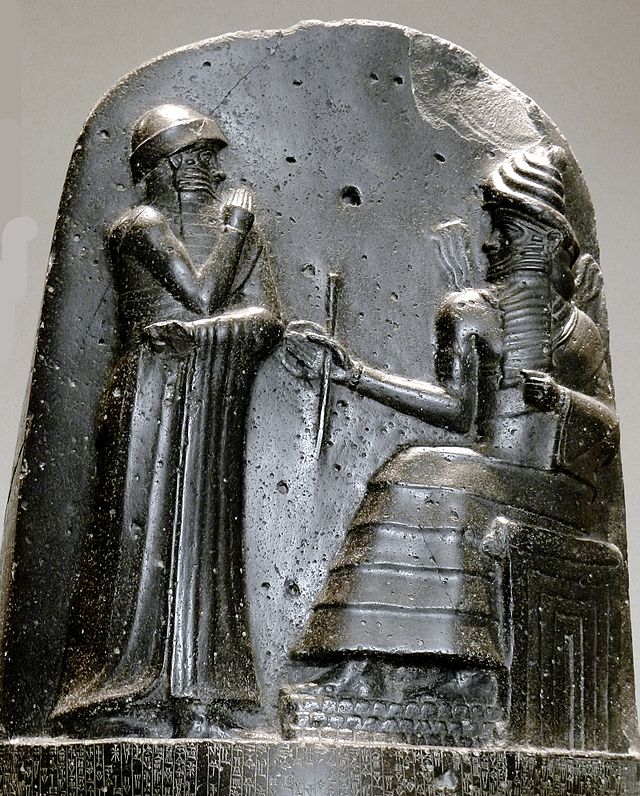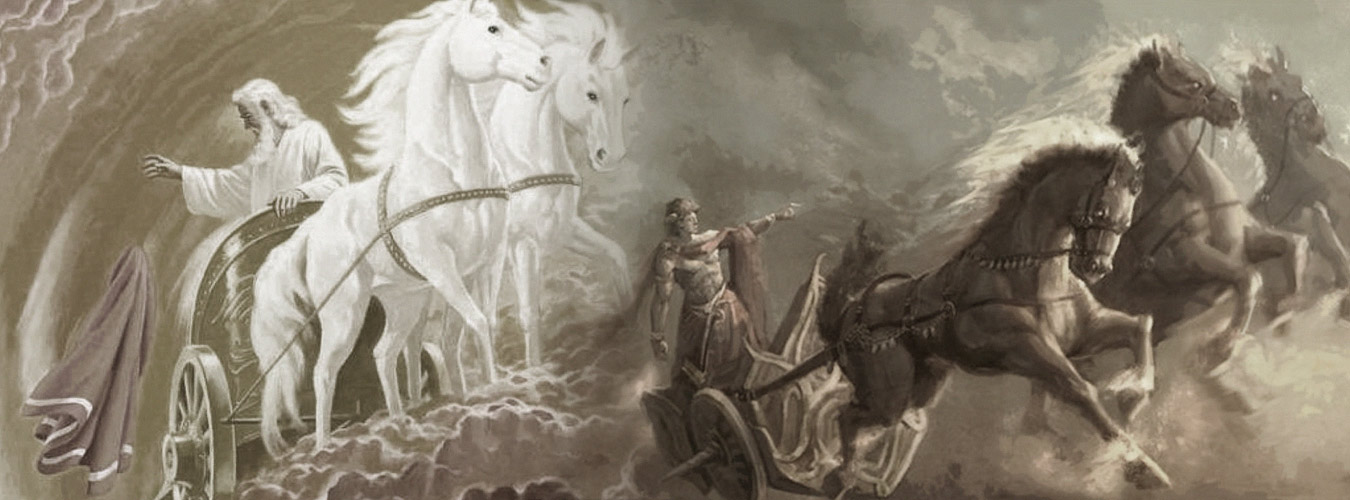 Prior to the advent of Western Philosophy were the moral codes of Hammurabi and Moses. Hammurabi became the first king of the Babylonian Empire following the abdication of his father, Sin-Muballit, who had become very ill and died, extending Babylon’s control over Mesopotamia by winning a series of wars against neighboring kingdoms. Although his empire controlled all of Mesopotamia at the time of his death, his successors were unable to maintain his empire. Hammurabi is known for the set of laws called Hammurabi’s Code, which constitute one of the earliest surviving codes of law in recorded history.
Prior to the advent of Western Philosophy were the moral codes of Hammurabi and Moses. Hammurabi became the first king of the Babylonian Empire following the abdication of his father, Sin-Muballit, who had become very ill and died, extending Babylon’s control over Mesopotamia by winning a series of wars against neighboring kingdoms. Although his empire controlled all of Mesopotamia at the time of his death, his successors were unable to maintain his empire. Hammurabi is known for the set of laws called Hammurabi’s Code, which constitute one of the earliest surviving codes of law in recorded history.
One of the first written laws in the world, the Code of Hammurabi was inscribed on a rock slab and placed in a public place so that all could see it. The slab was later taken by the Elamites and removed to their capital, Susa. It was rediscovered in 1901 in modern Iran, and is now in the Louvre Museum in Paris. The code of Hammurabi contained 282 laws, written by scribes on 12 tablets. It was written in Akkadian, the common language of Babylon, and could therefore be read by any literate person in the city.
The structure of the code is very specific, with each offense receiving a specified punishment. The punishments tended to be very harsh by modern standards, with many offenses resulting in death, disfigurement, or the use of the “Eye for eye, tooth for tooth” philosophy. The code is also one of the earliest examples of the idea of presumption of innocence, and it suggests that the accused and accuser have the opportunity to provide evidence.
Significant laws in Hammurabi’s code
- § 8 – If any one steal cattle or sheep, or an ass, or a pig or a goat, if it belong to a god or to the court, the thief shall pay thirtyfold therefor; if they belonged to a freed man of the king he shall pay tenfold; if the thief has nothing with which to pay he shall be put to death.
- § 21 – If a man make a breach in a house, they shall put him to death in front of that breach and they shall thrust him therein.
- § 55 – If a man open his canal for irrigation and neglect it and the water carry away an adjacent field, he shall measure out grain on the basis of the adjacent fields.
- § 59 – If a man cut down a tree in a man’s orchard, without the consent of the owner of the orchard, he shall pay one-half mina of silver.
- § 168 – If a man set his face to disinherit his son and say to the judges: “I will disinherit my son,” the judges shall inquire into his antecedents, and if the son have not committed a crime sufficiently grave to cut him off from sonship, the father may not cut off his son from sonship.
- § 169 – If he have committed a crime against his father sufficiently grave to cut him off from sonship, they shall condone his first (offense). If he commit a crime a second time, the father may cut off his son from sonship.
- § 195 – If a son strike his father, they shall cut off his fingers.
- § 196-201 – If a man destroy the eye of another man, they shall destroy his eye. If one break a man’s bone, they shall break his bone. If one destroy the eye of a freeman or break the bone of a freeman he shall pay one mana of silver. If one destroy the eye of a man’s slave or break a bone of a man’s slave he shall pay one-half his price. If a man knock out a tooth of a man of his own rank, they shall knock out his tooth. If one knock out a tooth of a freeman, he shall pay one-third mana of silver.
- § 218-219 – If a physician operate on a man for a severe wound with a bronze lancet and cause that man’s death; or open an abscess (in the eye) of a man with a bronze lancet and destroy the man’s eye, they shall cut off his fingers. If a physician operate on a slave of a freeman for a severe wound with a bronze lancet and cause his death, he shall restore a slave of equal value.
- § 229-232 – If a builder build a house for a man and do not make its construction firm, and the house which he has built collapse and cause the death of the owner of the house, that builder shall be put to death. If it cause the death of a son of the owner of the house, they shall put to death a son of that builder. If it cause the death of a slave of the owner of the house, he shall give the owner of the house a slave of equal value. If it destroy property, he shall restore whatever it destroyed, and because he did not make the house which he built firm and it collapsed, he shall rebuild the house which collapsed from his own property (i.e., at his own expense).
Below is a good introductory video about the Code of Hammurabi.

